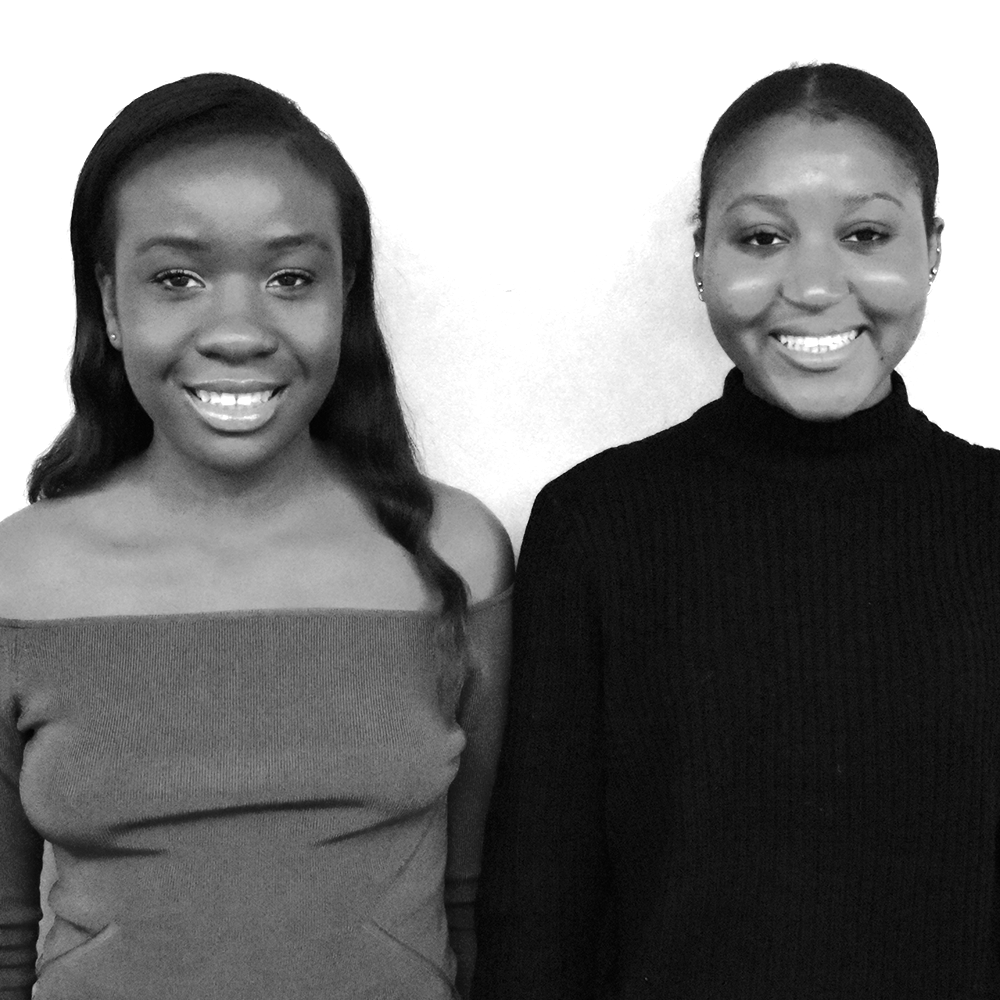On Jan. 5, 2017, four African-American teens in Chicago kidnapped and tortured their disabled white friend, who survived the attack. They were immediately brought into custody, charged with a hate crime and are now awaiting trial.
Despite being in no way affiliated with the brutal actions of these teens, activist movement Black Lives Matter was falsely implicated within 24 hours, with the hashtag “#BLMkidnapping” mentioned approximately 480,000 times on Twitter and quickly emerging as a top trending topic. The use of #BLMkidnapping following this event revealed how outliers in a community can aggravate stereotypes against marginalized groups.
The event rekindled stereotypical dialogue in mainstream media and was the catalyst to an outpouring of racialized generalizations and rhetoric on the internet, including #BLMkidnapping. Many people took the horrific actions of these four black youths, who had no affiliation with the Black Lives Matter movement, and associated them with BLM anyway.
Although the incident was despicable, the resulting #BLMkidnapping helped to reveal an ugly truth about society’s expectations for minorities to renounce other members of their group. There is a tacit expectation ignited by prejudicial undertones that pressures the average law-abiding individual to overcompensate, forcing the many African-American college students or Muslim-American teens to disavow these obviously grotesque crimes of the few.
During times like this, the silence of a minority group is equated with complacency. As a Muslim, I cringe when terrorist attacks occur. That is often followed by the pressure of feeling as though I must speak out against such an injustice simply because I am Muslim.
Instead of giving us the benefit of the doubt based on our common humanity, the actions of a few are used to label the character of an entire group. The media painted the actions of these four black youths as a problem within the black community — as if black students regularly harass and physically harm disabled white students.
This portrayal parallels the characterization of Islamic fundamentalism as a “vicious cancer inside the body of 1.7 billion people on this planet” which “has to be excised,” according to National Security Adviser Lt. Gen. Mike Flynn back in August. I cower at these descriptions, knowing that they only add to the racial tensions and Islamophobia in the United States.
As important as it is to speak on injustice, when the average law-abiding citizen is expected to disavow every terrible action committed by someone of their race or religion, it permits stereotypes. I should not feel obliged to disavow a terrorist attack solely to avoid being labeled as a fundamentalist.
In her 2009 TED talk, author Chimamanda Adichie spoke on the media’s inherent bias in creating these simplistic portrayals, saying: “The single story creates stereotypes, and the problem with stereotypes is not that they are untrue, but that they are incomplete” — incomplete because terrorism is not a cancer within every Muslim, nor is every black youth a thug.
Some stereotypes are simply stronger than others.
As Adichie noted, we do not read “American Psycho” and think all white men are serial killers — rather, how our stories are told depends upon who holds power. White men are not defined by the serial killer image because power has given them multiple stories; the serial killer is not “the definitive story of that person.”
It is clear that the single story is powerful and allowing outliers to reinforce drastically incorrect stereotypes strengthens it. However, when this story is used to reinforce a narrative — and demands groups to denounce the misbehavior of others within the group — we encounter the innate hypocrisy of this expectation, applied hurriedly to minorities but not to the privileged. We ought to seek a more complex representation of all people, to realize our common humanity instead of allowing differences to divide us.
Anu Osibajo and Isatou Bah are freshmen in the College. Fireside Chats appears every other Tuesday.




















